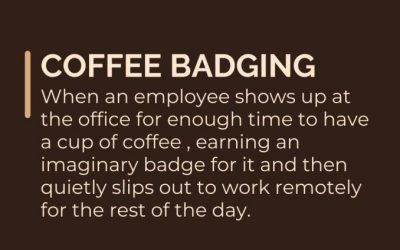No doubt we’ve all seen the pictures and the video clip, so why did Hilary Clinton keep working when she wasn’t feeling great, resulting in her being forced to take time out when pneumonia knocked on the door?
Maybe she is just like most of the UK population who feel guilty for taking sick days. A recent report by CV Library cited that 67.5% of employees go into work when they are unwell, with 68.3% admitting to feeling guilty, despite it being the best decision. Is that why we, as an average, only take 1 to 2 sick days per year, even when the vast majority of us (86.5%) are less productive at work when we are unwell.
Or maybe there is pressure from management to keep coming into work? Over a third of employees feel pressurised to return to work by their line manager with a shock 52.9% of manager still contacting their employees when then are off sick!
Surely it is a managers responsibility to help ensure the wellbeing of their staff? Should we not all be looking after our employees in this competitive market? We appreciate that it is frustrating to have a lower headcount for a couple of days, but it really may be the best option as not having a break can result in long term sickness absence and that costs UK businesses £4.17 billion a year!
And this would all be fairly straightforward without the additional feelings of insecurity currently being felt by employees. With uncertainty dominating the UK after Brexit, the fear of the unknown is all consuming for some.
A report by CEB reported that a surprising 43% are unhappy with the stability provided by their current employers, which is the highest reported figure since 2013. With job security being in the Top 3 for candidate needs, those companies who are looking to grow need to take action! If you are not able to offer stability – don’t over-promise, but instead look at what you can offer – development, training, or even including your employees more in planning for change.
Change is good – but too much change can have the opposite effect. Almost a third of us has experienced at least 1 major organisation change in the last 12 months, further adding to those feelings of insecurity a reduced job satisfaction. Some employees are struggling to cope and making themselves ill as a result. And there’s the complete circle.
See our infographic for a summary of the most recent news for employment here.











